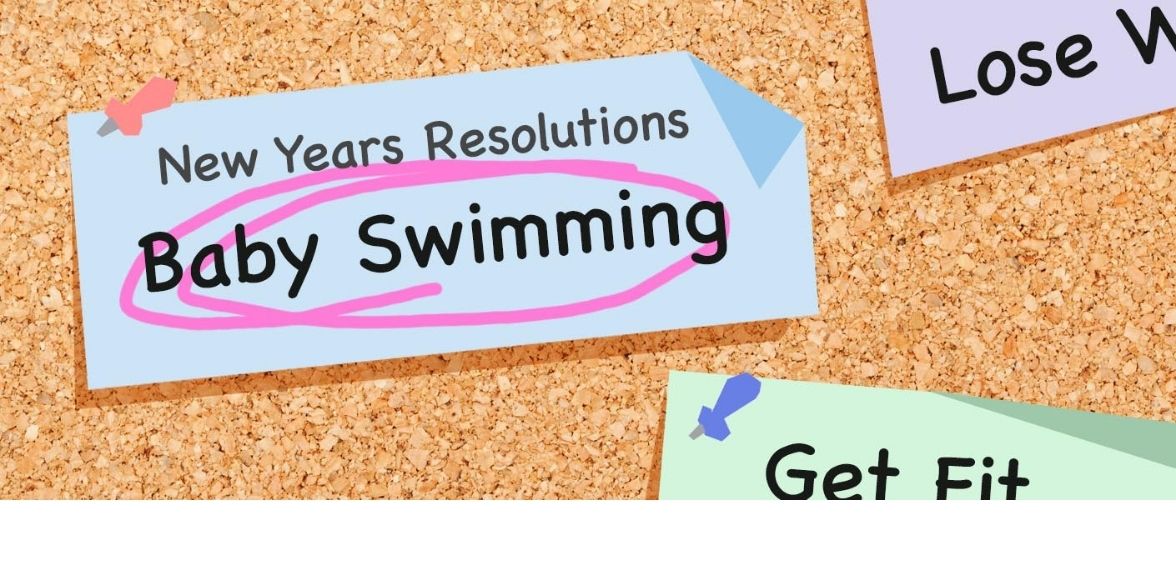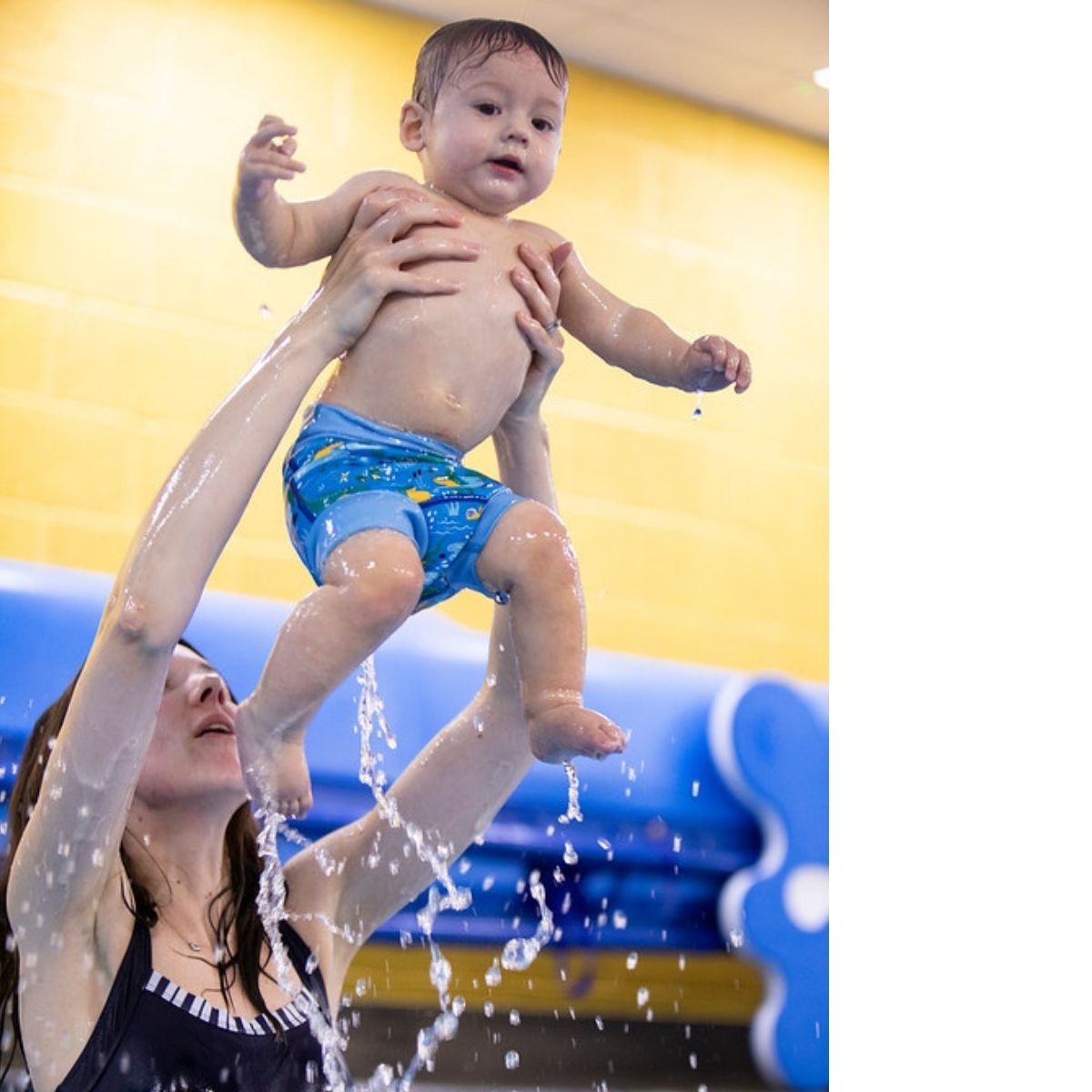Learning for life!
Posted on 3rd January 2018


As everyone starts this new year afresh, with resolutions made and not yet broken I thought this would be a good opportunity to remind you why those baby swimming lessons are so important and why you could make it a 2018 resolution to get booked in and start Splashing About!
Splash About is the world’s leading supplier of specialist baby swim wear, with the famous Happy Nappy insisted upon by leading swim schools in order to keep pools free from leaks. We work with some of the best and most respected baby swim professionals all over the world. They all agree baby swimming is an essential part of your baby’s development.
Water safety
Drowning is the second biggest cause of accidental death in under 5’s in the developed world. Teaching your child to swim is the greatest life skill you can give them
. In the UK there are hundreds of specially trained professionals working in specialist swim schools all over the country, check here to find one closest to you.
It's never too early to start
In the UK, specialist lessons can start from as young as one day old. The NHS guidelines agree that there is no need to wait until your baby has been vaccinated before they go swimming. Although keeping baby warm is essential.




Bonding Kangaroo style: Skin to Skin
Swimming provides the perfect way to have that important skin to skin contact with your baby. These early bonding experiences can help to deeply connect with your child, in a meaningful and calming way. Sharing the swimming experience can be particularly important if baby is unsettled and mum/dad is tired.
Physical and Mental wellbeing
Physical activity and mental stimulation is good for your baby’s physical development, as an added bonus it increases their appetite and tires them out. The water provides a warm and relaxing environment outside of their normal routine, which helps to promote a more calm and contented mood. Swimming lessons provide a great workout for your baby, helping to strengthen their heart, lungs and muscles. It also stimulates the nerves that formulate the senses in the brain.
Good habits
Providing early opportunities for physical activity helps children become habit forming and we know that babies who are more active, tend to be more physical later in life, which can help them to stay fit both physically and mentally into adulthood.
Strength
Physical activity builds muscle strength. Whilst swimming water resistance helps babies use their muscles more efficiently and research has shown that babies who swim regularly, walk earlier than those who haven’t, this more rapid progress if due to better muscle control and core strength.




Structure and routine
Babies and toddlers with good daily routines sleep better and are more prepared for learning activities at school. Early swim routines help them get into the habit of being ready at a certain time each week. Routines also provide a bit of structure and social activity for frazzled parents.
Co-ordination
Research including a Norwegian study show that babies who swim regularly have better balance and grasp objects more intuitively than those that don’t swim. Water activities such as kicking, splashing and floating all aid improved co ordination. In Iceland swimming babies as young as 3 months old are showing standing skills normally only attained by babies of 9 or 10 months old.
Fear of Water
Many non-swimming children develop a fear of water, meaning they never learn to swim, putting themselves and others in danger. Early water experiences allow a child to understand their buoyancy and develop skills that could one day save their lives.
Learning through play
From your first lesson babies will learn for to respond to repetitive and fun commands. Singing songs, clapping hands, splashing faces and many more water experiences increase your baby’s mental skills and their cognitive levels of understanding. So much so that by the time they reach school age studies have shown children who swam in their baby and toddler years, were up to 15 months ahead of non-swimmers in language, counting and problem solving skills.


Citations and references
- Professor Liselott Diam – Cologne
- H Sigmundsson & Hopkins - “Baby Swimming and exploring the effects of early intervention on subsequent motor abilities in childcare, health and development.
- Diem, Undeutsch, Lehr, Olbrich “Early Motor Stimulation and personal development: A study of 4-6 year old German children”
- Field T, Scafidi F, Scanaberg S, “Message of preterm Newborns to improve Growth and Development” pediatric nursing
- German Sports collage cologne “ Baby swimming: Advance independence and Development of intelligence”
